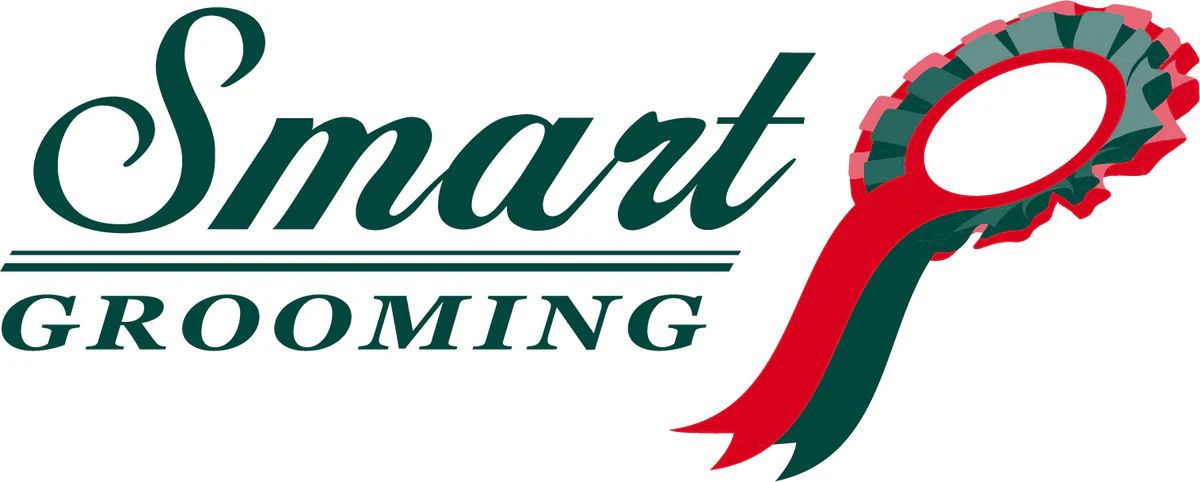- Join Us
- Login
- EEA ToolKit
- Employment Essentials
- Frequently asked
- Contracts and wages
- Time off work & absence
- Staff management & training
- Workplace disputes
- Dismissals and resignations
- Pregnancy and children
- Avoiding discrimination
- Redundancy and Retirement
- Other responsibilities
- Legal Helpline
- Recruitment
- Good Recruitment
- New starters
- Find a groom
- Good Employment
- Resources
- Downloads Library
- EEA Pension & Payroll
- Safe workplace
- Employers Minds
- Transporting horses
- Riding Establishment Licences
- Member discounts
- Business Hub
- Equestrian businesses
- The business plan
- Business compliance
- My clients
- Livery Contract Creator
- Financial matters
- Business challenges
- Marketing
- The EEA
- Employers Life
- Contact

BEF 'Health of Riding Centre' Survey Results
9th October 2023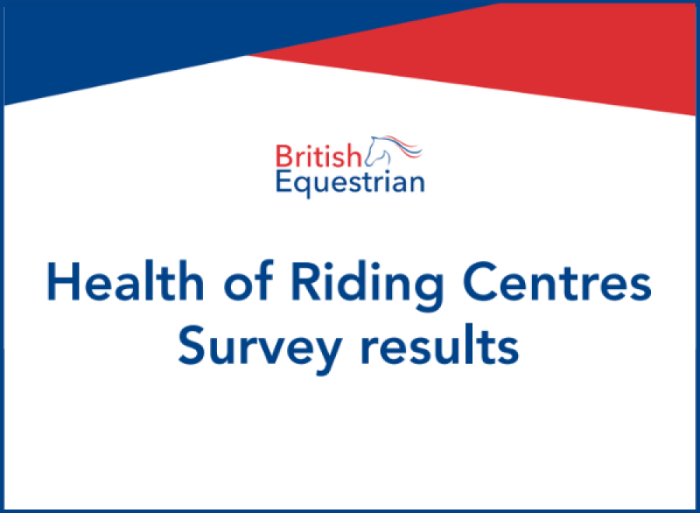
Last September, British Equestrian (BEF), working with member bodies The British Horse Society (BHS), the Association of British Riding Schools (ABRS+), The Pony Club (PC), Riding for the Disabled Association (RDA) and horsescotland, announced that Britain’s riding centres were facing a supply and demand dilemma.
Twelve months on, according to a recent repeat of the survey, there has been little change and workforce shortages and increasing operational costs are significantly hindering any opportunity to improve.
The headline findings of the ‘Health of Riding Establishments’ research conducted in 2022 concluded that the sector was operating in a ‘supply and demand predicament’, with most centres operating at an average capacity of 75%. This spring, the survey was repeated in order to measure any change and to also delve deeper into current challenges.
Operational capacity levels of 75% are mirrored one year on, with 70% of centres saying that they’d like to improve their capacity but are struggling to do so. – alf of all respondent centres hold a waitlist with an average of 20 names. A significant shortfall of workforce – including coaches, volunteers and horses – across the sector is the major factor impacting the ability to deliver to customers. Capacity issues are experienced by centres of all sizes and business operation models, but the issues are most keenly felt in the southeast and southwest of England. Additionally, 55% of centres say the cost-of-living crisis has worsened the capacity issues they face, due to increasing operational costs such as insurance, feed and energy.
Earlier in 2023, The British Horse Society launched a ‘Keep Britain Riding’ campaign to highlight the issue. Their research detailed that 15% of Britain’s riding schools have closed since 2018, which equates to 1.5 million riding lessons lost every year. Addressing the workforce shortage, both paid and volunteer, is a key factor and the British Grooms Association (BGA), together with with Equestrian Employers Association (EEA), has joined the federation’s working group to add their expertise.
Of the centres surveyed, 44% said they don’t have sufficient paid staff, with availability and cost the most significant barrier to delivery to customers. Around 46% of centres report a shortage of volunteers and, of those, 71% would like one to five more volunteers. In terms of horsepower, the issue is easing from the levels reported last year, but 56% of centres would ideally like more horses.
Despite the numerous challenges, there is optimism in the sector – 61% of centres stated that they have a positive outlook for the future of their establishment. Many are working on ways to engage with their waiting lists and seeking to expanding their offering, with around 29% of delivery time now dedicated to off-horse activities to reduce the requirement for coaches and, indeed, horses. Livery services, horse care sessions, ‘pony parties’ and equine-assisted services are just a selection of ways that centres are making additional income.
British Equestrian and the wider federation are committed to continuing our collaboration on improving the support we can offer to equestrian establishments. A great deal has been achieved following the 2022 survey, when six key action areas were identified:
- Workforce
- Horsepower
- Licencing
- Capacity demands
- Growth
- Rising costs
A working group, which meets quarterly, has made good progress on a united front for lobbying on licencing. Funding has been made available via a number of initiatives with Sport England and member body support, while support for workforce development has been launched and a project on skills mapping for industry qualifications is nearing completion. A full update of actions from the 2022 survey is available online.
In 2023, through the survey, the centres indicated they would value support in business development and growth, fundraising, financial stability, facilities maintenance, marketing, and staff and volunteer management, to help them address the current challenges to safeguard a viable future. In response, working with the member bodies, BEF will better utilise and promote existing resources alongside actions in the key focus areas:
Business development and growth – collaboration with centres to help produce case studies and advice on engaging with waiting lists to maintain interest, including off- horse activities and volunteering opportunities. These could reduce the reliance on workforce and horsepower, while still encouraging participants to be active, learn about equine welfare and engage with the equestrian community.
A new page has been added to the British Equestrian website, which provides a range of business development resources and guidance available to support the running and development equine businesses from our relevant member bodies. Some are free to access, while other content will be available to affiliated/member centres only.
Fundraising – the Together Fund from Sport England has provided £250,000 worth of support to help centres in the post-Covid environment and we will analyse feedback to track its impact to help develop and tailor future funding opportunities. British Equestrian has a ‘funding opportunities’ webpage, which will regularly be updated to spread awareness of relevant and available funding opportunities across the federation.
Marketing – the British Equestrian website hosts a ‘find a centre’ tool for any member body-approved centre, so any prospective participant can search their location for somewhere to learn. This will be further enhanced with more information to provide more marketing help for any listed centres. Centres affiliated with BHS, ABRS+, Pony Club and the RDA will also be on their own affiliated search engines on their websites, and will also have access to marketing advice, educational webinars and promotional support.
Staff management – working with member bodies, BEF will continue to delve deeper in the workforce shortage to identify tangible actions. For members and centres affiliated to BHS, ABRS+, BGA and EEA, there is advice and support available for both employers and employees on their websites and in their member zones.
Volunteer management – working closely with member bodies, clear guidelines on volunteering will be developed and disseminated, including case study examples of opportunities and how best to reward volunteers.
Mandana Mehran Pour summarised; “We are at a time-critical point for many of our riding establishments and we need to do everything possible to prevent further closures. Their resilience and optimism are commendable, but there is only so much they can do single-handedly and we have already proven the value of collaborative working within our member bodies to achieve results.
“There is a great deal of existing resource and information, which we can pool to help in the short-term while we continue to lobby, plan and build a better long-term outlook. This can only be achieved by working together and I’m grateful to all who have contributed so far, but there is still a great deal of work to be done. We need to make sure the equestrian industry is seen as an attractive and rewarding place of employment for all, while helping centres in their business planning and operations.”
All centres who completed the ‘Health of Riding Establishments Survey 2023’ were entered into a draw to win one of five prizes of £1,200 worth of Classic Fibre Cubes from British Equestrian partners Dodson & Horrell, to benefit their yard.
Congratulations to the winners, Pony Magic, Squirrel Wood Equestrian Centre, Ryders Farm Equestrian Centre, Millhouse Stables and Limes Equestrian.
NEWS ARCHIVE
- 2026 (3 ENTRIES)
- 2025 (31 ENTRIES)
- 2024 (22 ENTRIES)
- 2023 (18 ENTRIES)
- 2022 (15 ENTRIES)
- 2021 (10 ENTRIES)
- 2020 (36 ENTRIES)
- 2019 (42 ENTRIES)
- 2018 (48 ENTRIES)
- 2017 (15 ENTRIES)

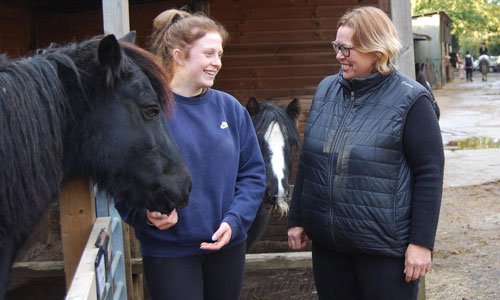










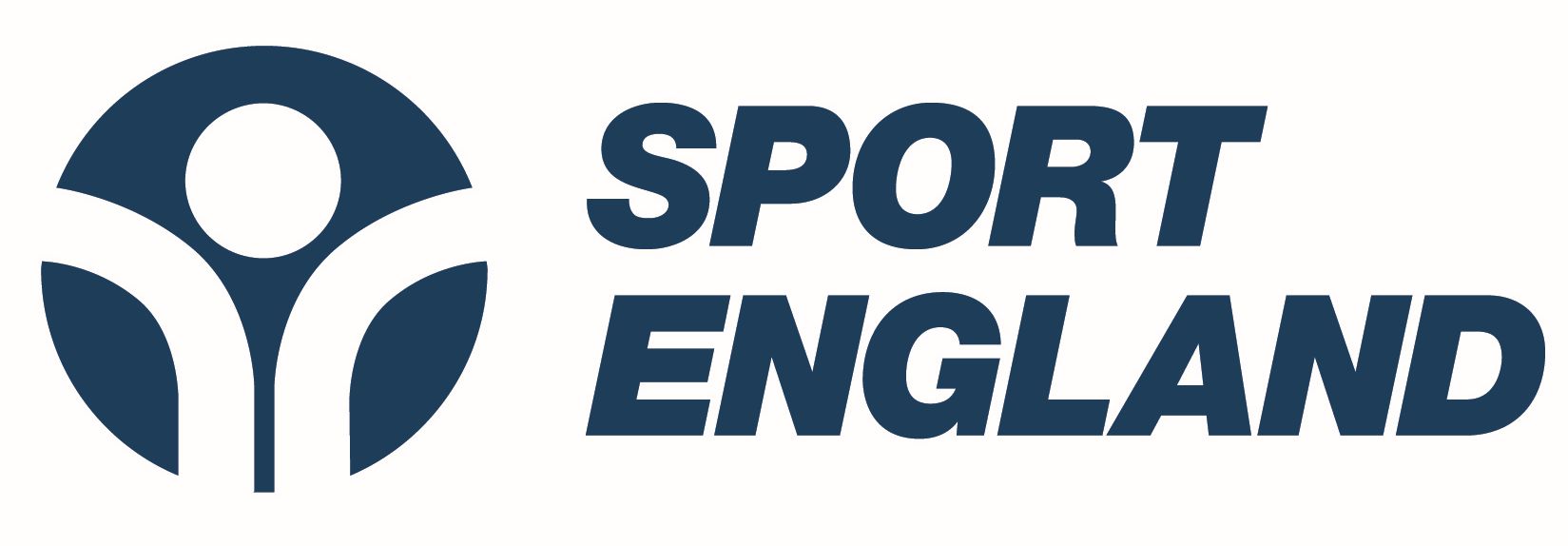

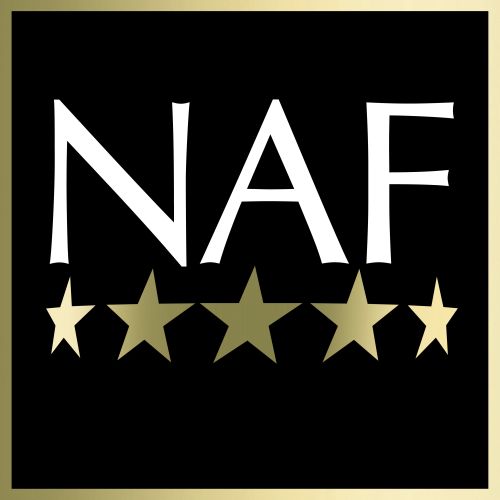


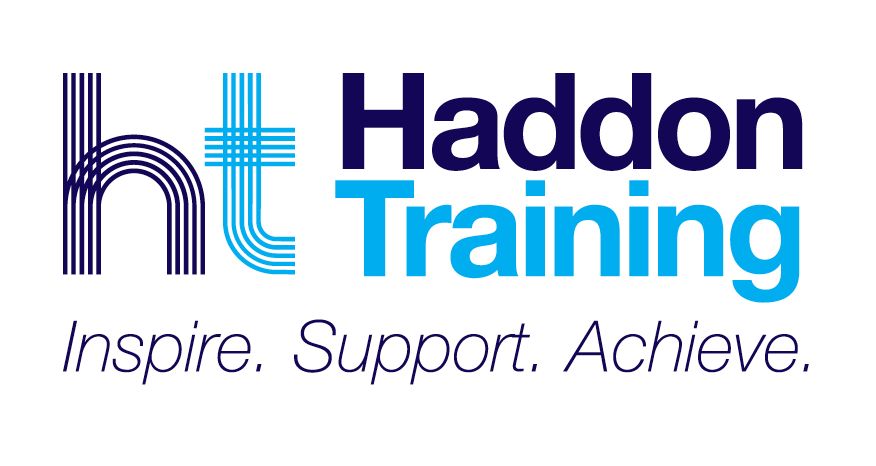
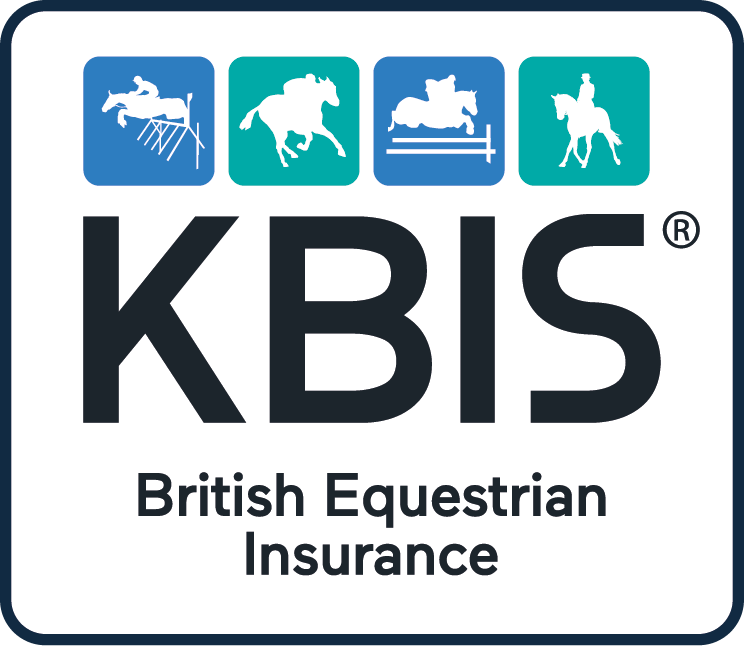
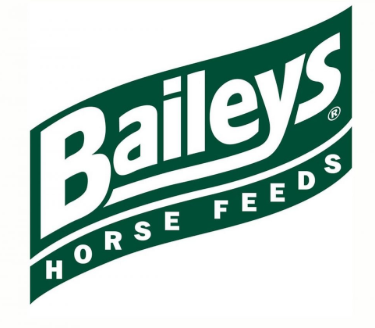


-Small.jpg)

